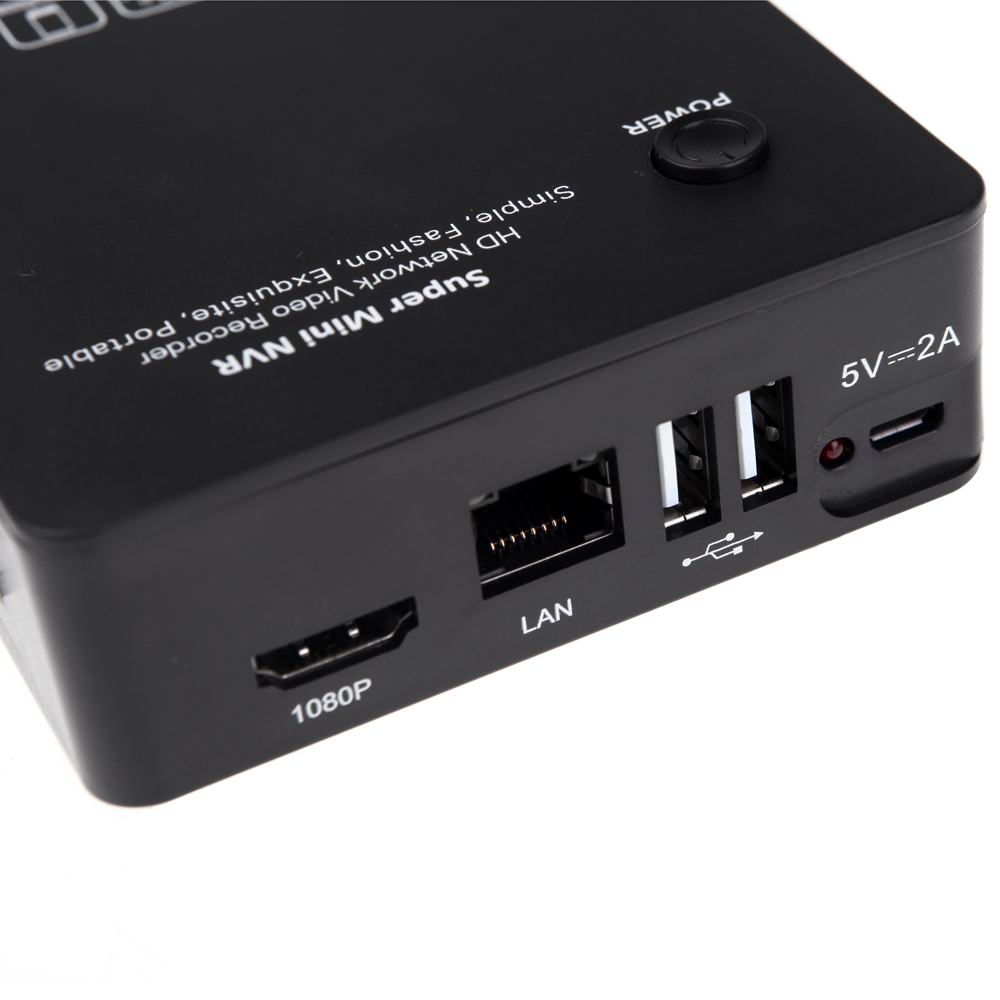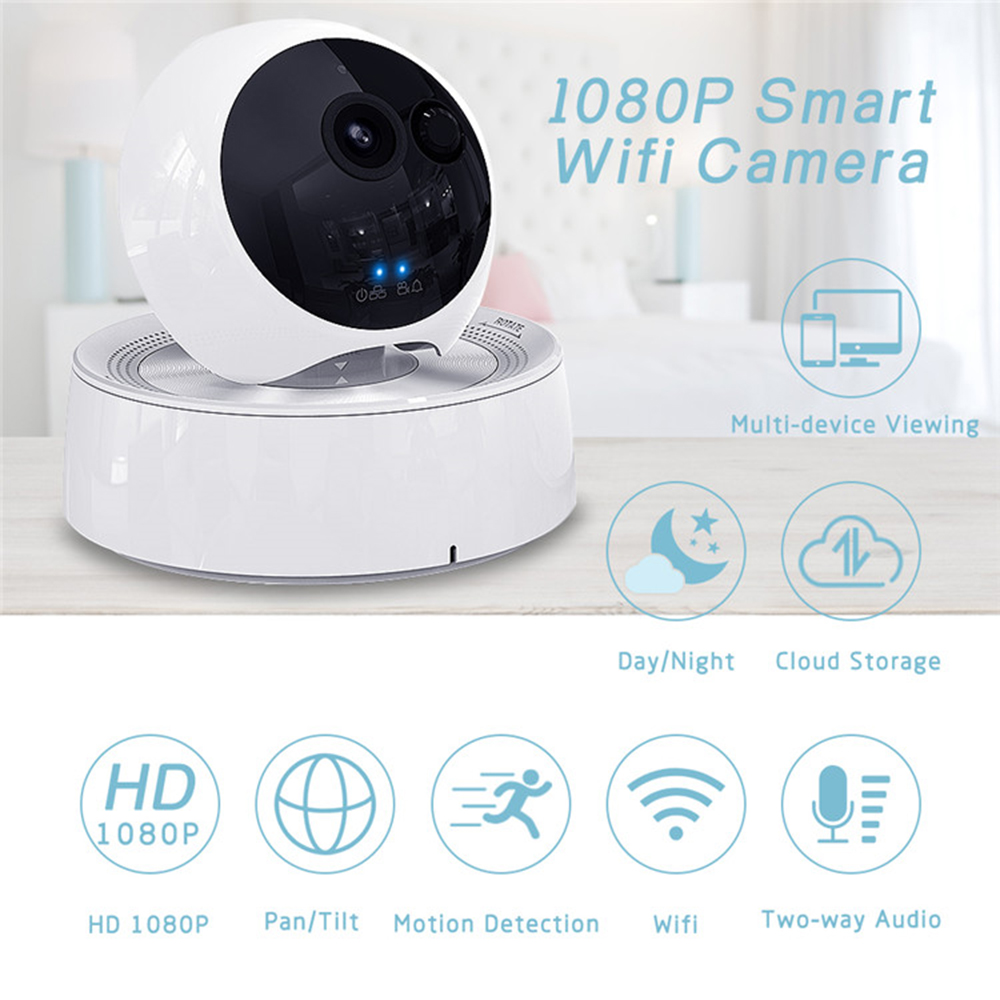
From there, the camera sends a digital signal transmission to the NVR for instant playback. However, the signal transmission is analog between the IP camera and the microphone, but it becomes digitalized when it hits the IP camera level. IP CCTV: On an IP camera system, the audio input is fed directly into the IP camera.Which cameras a system utilizes dictates how sound is recorded and replayed. In the CCTV world, there are two types of cameras generally used: Analog CCTV and IP CCTV. Manners in Which Different Cameras Record

If an employee does find out that their employer has illegally recorded their oral communication, they could be in trouble and may even lose their right to use the footage for prosecution reasons at all. That being said, no matter the purpose for the employer’s surveillance, wiretapping is never okay.

For this reason, if an employer does choose to monitor its employees interacting with employees, it must have a very good reason for doing so. In short, it is safe to say that an employee working in a cubicle or private office has a reasonable expectation of privacy, while an employee working in the customer service industry does not. They might explain that the cameras are there for their protection, but that if the employee is caught stealing or acting in poor conduct, the footage can and will be used against them. Most individuals who choose to work in retail are aware that their actions will monitored, but even so, it is the employers duty to inform new hires of their surveillance policies.
#Recorder 2 way camera install
Retail locations such as banks, stores, restaurants and any other business that routinely interacts with customers have an automatic reason to install surveillance cameras: to protect their employees and theft-prevention. For instance, if supplies have been disappearing or if an off-limits area is routinely being unlawfully accessed, they have the right to install surveillance cameras to identify the perpetrator so that they can be properly reprimanded. How Employers Can Use Video Surveillance Lawfullyįirst and foremost, it’s important to know that employers may only monitor their employees if the have a legitimate reason to do so. And Federal law dictates that the recording of oral communication in the workplace is strictly prohibited. States laws vary on where and how employees can be recorded, but all agree that private settings, such as restrooms, the break room and other areas where there is a reasonable expectation of privacy, are off limits.

For instance, union workers may never be monitored by a camera system. However, there are some instances in which it is illegal for employers to record their workers. This is perfectly acceptable so long as the employer informs employees that they are being recorded. Many employers will have security cameras installed to prevent theft and to ensure that employees are making good use of their paid-for time. This post gives a brief overview of how audio is captured by CCTV security cameras, as well as a run down of the basic privacy rights that employers and retail locations alike must abide by when using surveillance systems to monitor employees. Additionally, the type of cameras doing the recording – whether IP or Analog – dictates how the audio is captured. However, whether or not an employer or a retail location is allowed to record audio is another matter entirely.

In short, the answer is yes, CCTV camera systems are designed to record audio in conjunction with images. When an employee spots a camera in the workplace, or even when a shopper spots a camera in a retail store, the first thing they want to know is if it can record sound.


 0 kommentar(er)
0 kommentar(er)
